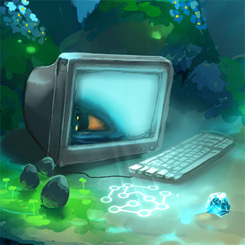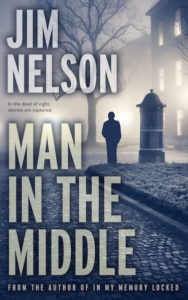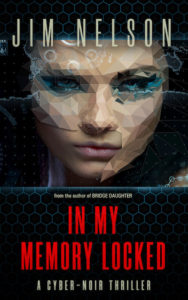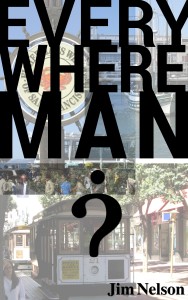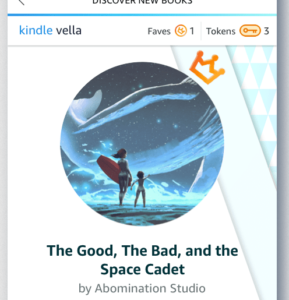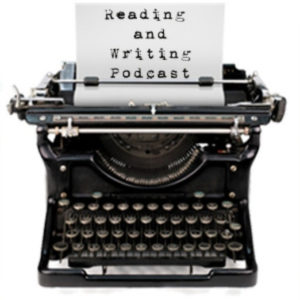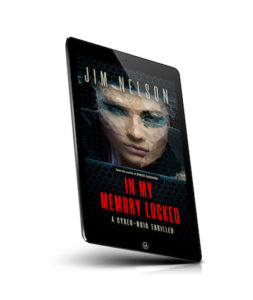This year I’m participating in the 2021 Interactive Fiction Competition (“IFComp 2021”). Over the next month or so, I’ll play as many of the entries I can manage and post mini-reviews here and at intfiction.org.
If you want to join in, all are welcome to judge! Go to ifcomp.org/ballot to get started.
Scoring rubric
IFComp suggests judges devise a scoring rubric before starting. Here’s mine, which borrows liberally from their example rubric:
- Rating of 10: Mind-blowing. A game I wish I had written. Something I’ve never seen before, or done extraordinarily well. A professional-grade effort.
- Rating of 9, 8, 7: A great game, entertaining and nearly flawless, with each increment a gradation of my enthusiasm. Grabbed my attention and sustained my interest.
- Rating of 6, 5, 4: A promising game that misses its mark, again, graded by my enthusiasm. Piqued my interest but had trouble holding it.
- Rating of 3: A fatal miss. Flawed in execution. More time spent in revision, or more beta-testing, is needed.
- Rating of 2: Shot through with bugs. Disappointing beyond being flawed.
- Rating of 1: Should not have been submitted to the competition. (Honestly, if a game is this bad, I’m inclined not to score it, since I probably didn’t play it for long. It’s unlikely I’ll post a review of it.)
Reviewing rubric
My reviewing rubric borrows from Updike’s rules for reviewing and a few personal guidelines I’ve developed over the years:
- Try to understand what the author is attempting, and ask myself if he or she succeeded.
- Quote one or two representative passages to give the reader a chance to sample the prose.
- Start with positives, list some negatives, and summarize my overall experience. (This comes from a straighforward process I saw used with success in playwriting workshops.)
- Negatives should come from a place of constructive criticism. Ask if my expectations are in line with the author’s ambitions.
- Don’t give away the ending or major turning points.
- Keep the discussion to what’s on the screen. Avoid peripheral issues like ideology or comparisons to other work, unless they illuminate rather than distract.
- Don’t review something I’m unlikely to enjoy or unqualified to review.
- Don’t review work I feel compelled to judge positively or negatively no matter the work’s quality.
Obviously there’s some bleed-over between these rubrics: The latter list will inform my scoring, and vice-versa.
I gravitate toward text-only or text-heavy games, meaning my focus will be on games written in TADS, Inform, and the like.
Also, I won’t list my score in the review. I’ll decide the final numbers when I cast my ballot.
With that out of the way, let’s move on to the games I’ve played so far:
